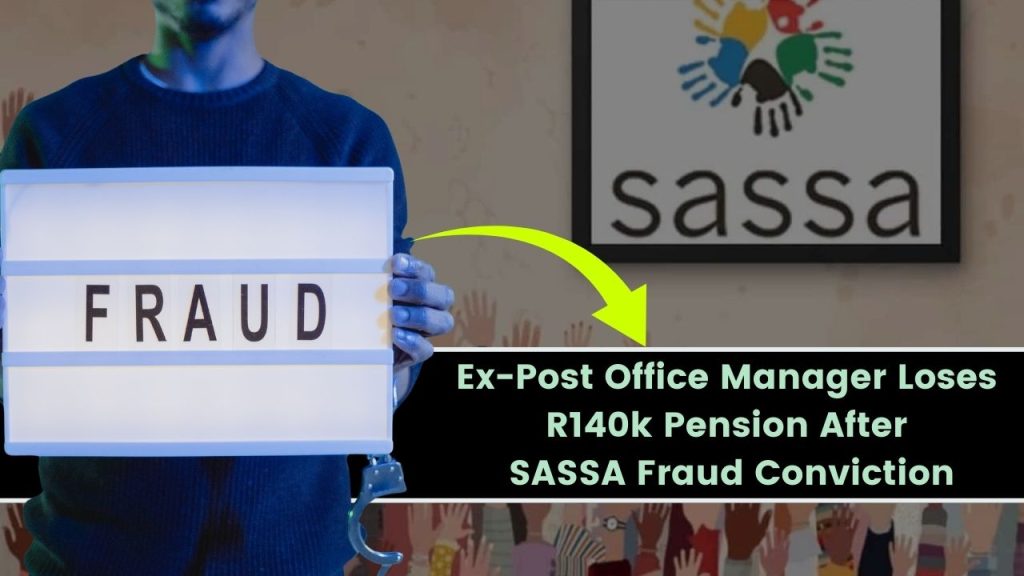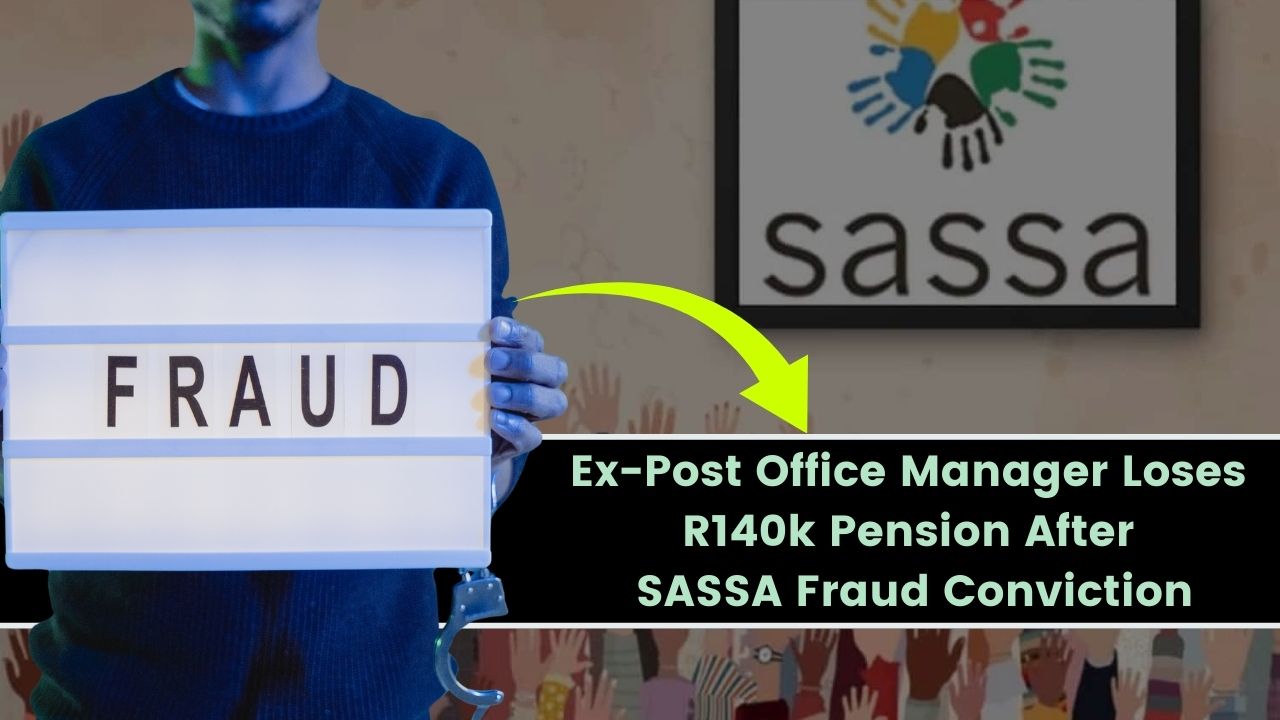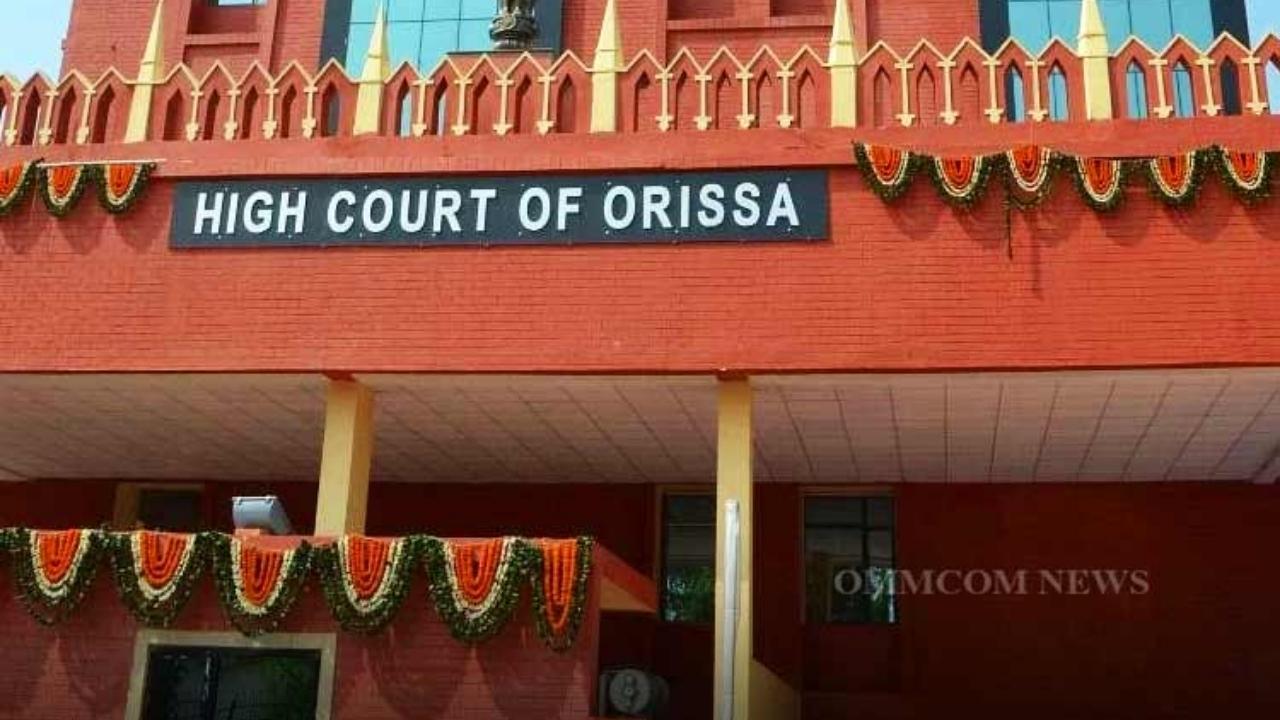A former Post Office manager in Mpumalanga, South Africa, lost over R140,000 from her pension payout after pleading guilty to defrauding the South African Social Security Agency (SASSA) of funds meant for vulnerable beneficiaries. This case, involving Lucia Mashego, a wheelchair-bound ex-branch manager of the Shatale Post Office in Bushbuckridge, demonstrates the serious consequences of corruption and fraud, especially when it affects social grants meant to support the needy.

Mashego admitted to 60 charges of SASSA fraud, which led to her receiving an eight-year prison sentence—suspended for five years provided she does not commit a similar offense during that period. In addition, the courts ordered that R146,897.05 be recovered from her pension fund to restitute some of the stolen money.
This article breaks down the case details while offering practical insights on how fraud impacts social welfare systems, and how communities and professionals can guard against such risks.
Ex-Post Office Manager Loses R140k Pension After SASSA Fraud Conviction
| Aspect | Details |
|---|---|
| Individual Involved | Lucia Mashego, former Post Office branch manager |
| Location | Shatale Post Office, Bushbuckridge, Mpumalanga, South Africa |
| Crime | Fraud involving SASSA social grant funds |
| Amount Lost to Fraud | R250,000 from SASSA beneficiaries |
| Pension Forfeited | R146,897.05 |
| Sentence | 8 years imprisonment (suspended for 5 years) |
| Date of Guilty Plea | 27 May 2025 |
| Other Accused | Teller Thandeka Dibakwane, accomplice Precious Nyathi, Virginia Phoku (duplicate card maker) |
| Investigating Body | Hawks – Directorate for Priority Crime Investigation |
| Official Reference | SASSA Official Website |
The case of Lucia Mashego offers a sobering lesson on how fraud within social welfare systems harms vulnerable citizens and corrodes trust in public institutions. Her conviction and pension forfeiture underscore the seriousness with which South African courts treat such crimes.
By promoting transparency, leveraging technology, and sustaining vigilance through education and strong partnerships with law enforcement, organizations can shield themselves and their beneficiaries from similar threats. Protecting social grants means protecting the dignity and well-being of millions who depend on them.
The SASSA fraud case serves as a call to action for all professionals and citizens alike to stay alert and uphold integrity in public service.
Understanding the Context: What Is SASSA and Why Is Fraud Harmful?
The South African Social Security Agency (SASSA) provides social grants to millions of South Africans, including elderly pensioners, disabled persons, and vulnerable children. These grants are critically important for recipients who often have no alternative means of income.

Fraud in this system affects public trust and puts vulnerable populations at risk. When funds are stolen, beneficiaries may lose their support, leading to hardship and increased poverty.
In the case of Lucia Mashego and her accomplices, they exploited their positions to create duplicate SASSA cards to illegally withdraw money from vulnerable people’s accounts. This not only took resources away from those in need but damaged the integrity of the grant system.
The Case of Lucia Mashego: Breaking Down the Fraud
What Happened?
- Role Abuse
Mashego abused her position as a post office manager to orchestrate a fraud scheme targeting SASSA grants. - Duplicate Card Creation
She colluded with a post office teller, Thandeka Dibakwane, to produce duplicate SASSA cards. - Illegal Withdrawals
These cards were handed over to Precious Nyathi, who used them to withdraw funds unlawfully from ATMs. - Financial Loss
The fraudulent activities caused an estimated R250,000 loss to SASSA beneficiaries. - Additional Complicity
Another teller, Virginia Phoku, saw the illegal acts and created duplicates for personal gain. Phoku was also sentenced in connection with the fraud.
Legal Outcome
- Mashego pleaded guilty to all 60 charges on May 27, 2025.
- She was sentenced to eight years in prison, suspended for five years on condition of no further convictions.
- The court ordered the Asset Forfeiture Unit to recover R146,897.05 from her pension.
- Her accomplices are facing their own legal proceedings.
Practical Advice: How Can Organizations Prevent Fraud Like This?
Step 1: Foster Transparency and Accountability
- Implement strict controls and regular audits within cash handling and beneficiary services.
- Maintain detailed records linking every transaction to individual officials with clear oversight.
Step 2: Use Technology to Track and Secure Payments
- Employ biometric verification for beneficiaries to reduce the risk of duplicate or fraudulent cards.
- Use secured, encrypted systems for payment transactions.
Step 3: Conduct Fraud Awareness and Training
- Educate frontline workers and managers about the legal and ethical risks of fraud.
- Encourage whistleblowing through anonymous channels.
Step 4: Collaborate with Law Enforcement
- Set up strong partnerships with bodies like the Hawks to ensure prompt investigations.
- Establish clear protocols for reporting suspected fraud.
SASSA Grants Check — Are You Receiving The Right Amount?
Your August 2025 Benefits Could Arrive Sooner Than Expected — Here’s the Full Schedule
R12,500 Youth Grant Scam Alert — NYDA And SASSA Confirm It’s Fake
FAQs About Ex-Post Office Manager Loses R140k Pension After SASSA Fraud Conviction
Q1: What happens to pension funds if a public official is convicted of fraud?
A: Pension funds can be legally seized or forfeited to recover stolen money, as happened in Lucia Mashego’s case, where the court ordered a large portion of her pension to be recovered.
Q2: How does SASSA protect beneficiaries from fraud?
A: SASSA uses biometric registration, secure payment systems, ongoing audits, and collaborates with law enforcement agencies to identify and prevent fraud.
Q3: Can beneficiaries report fraud suspicions anonymously?
A: Yes, beneficiaries and others can report fraud anonymously to SASSA or through hotline services to help detect and prevent illegal activities.
Q4: What are the consequences for those caught committing fraud against SASSA?
A: Convictions can result in imprisonment, fines, and seizure of assets, including pension funds. Sentences depend on the severity and evidence of the crime.





